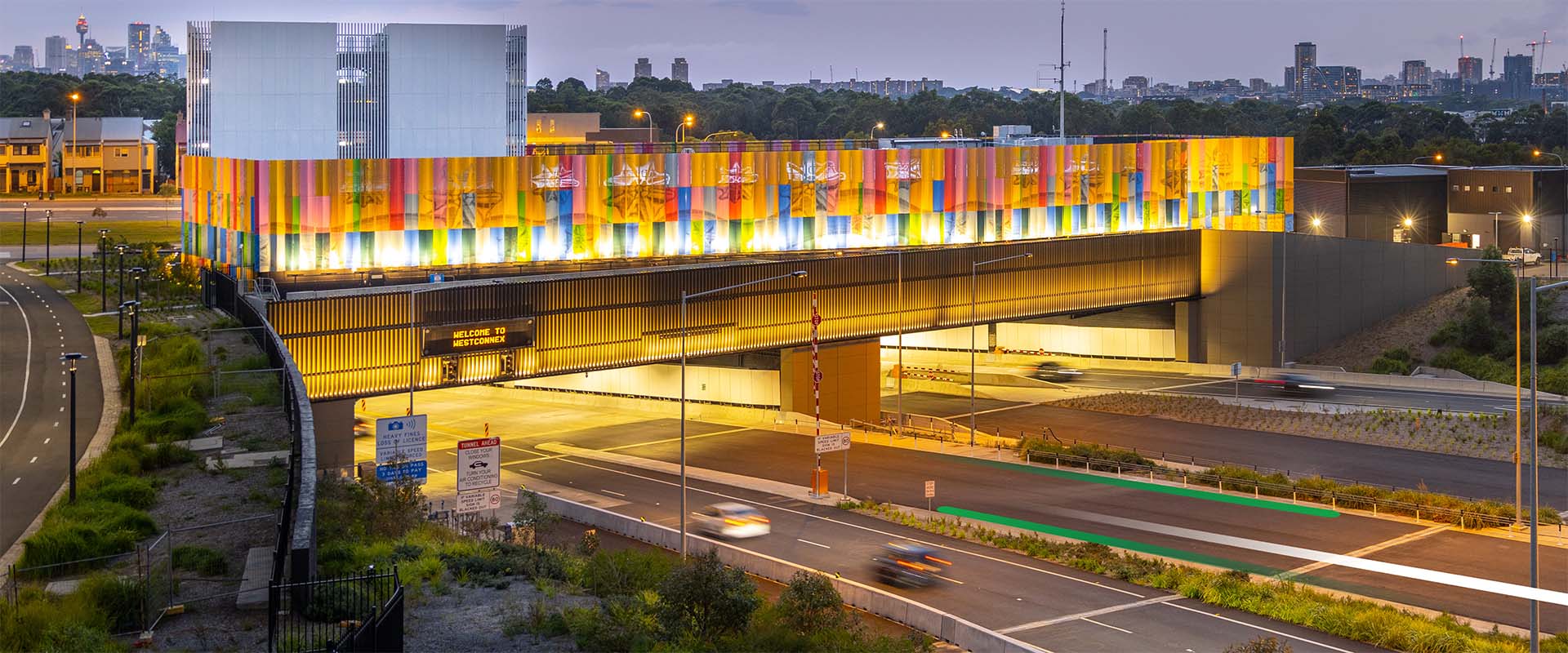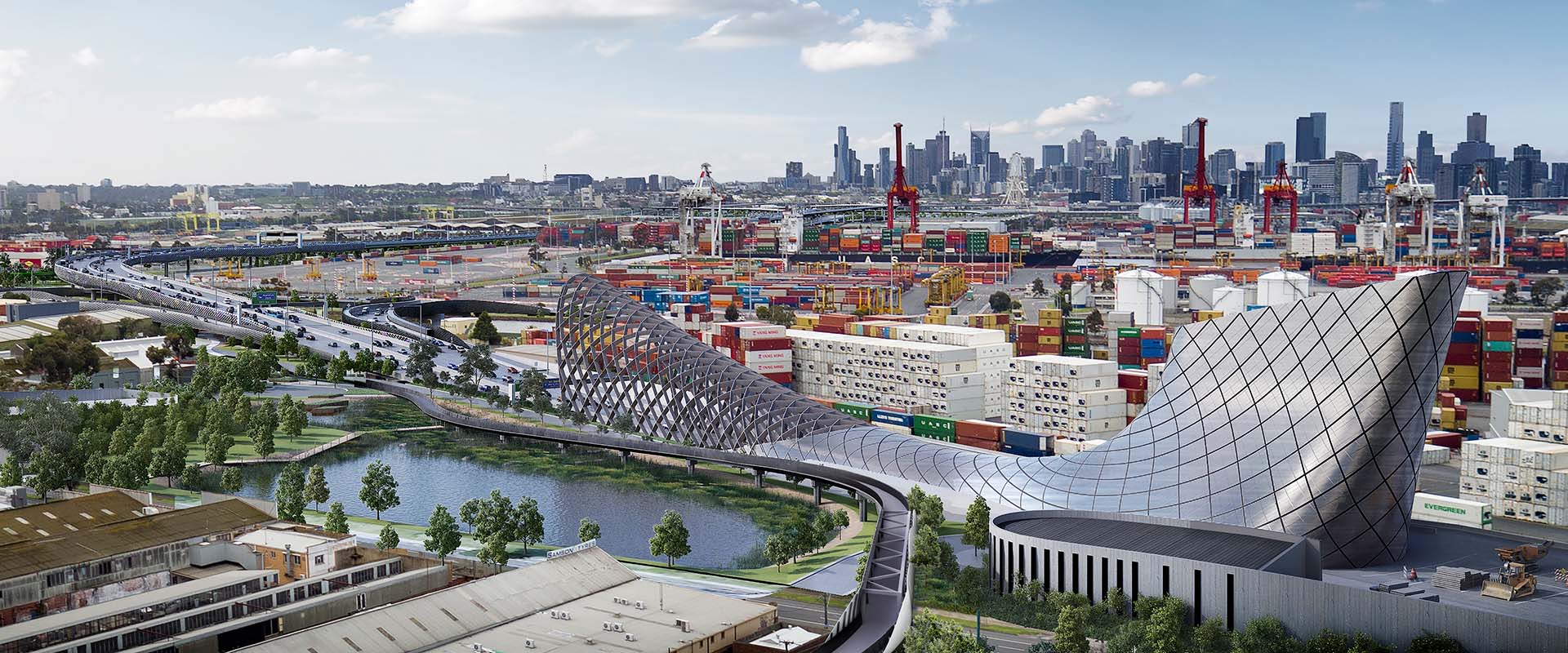Our vision for reconciliation
Our vision for reconciliation is one of unity between Aboriginal and Torres Strait Islander peoples and non-Indigenous Australians, where Aboriginal and Torres Strait Islander peoples have access to equitable standards of living and social mobility.
For us, this means acknowledging our roads are built, and our operations are conducted, on Country. Our operations present unique opportunities to help create a strong culture of inclusion, respect and proud celebration of Aboriginal and Torres Strait Islander cultures with our customers, employees and business partners. It also means respecting the land on which we operate, and the voices of our community neighbours.
Understanding our responsibilities
We joined the Reconciliation Action Plan (RAP) program in 2014. Our participation recognises the contributions Australian businesses and employers can make to Australia’s reconciliation journey.
We are an Australian-owned, ASX top-20 company, and an owner and operator of toll roads and infrastructure on lands traditionally owned by Aboriginal people. We are caretakers of the land, waterways and communities where we operate – and we look to demonstrate our understanding of this responsibility through our RAP commitments.
We support the Uluru Statement from the Heart
Transurban supports the Uluru Statement from the Heart as part of our ongoing commitment to reconciliation and looks forward to working in partnership with Aboriginal and Torres Strait Islander peoples, governments and all of Australia to strengthen our community together.
Acknowledging Country
Our assets provide unique opportunities to acknowledge, celebrate and respect the continuing connection that First Nations people have to Country.
Some of our biggest roads, including NorthConnex and WestConnex opened with the KARI Foundation’s KARI Singers performing Acknowledgements of Country, paying respect to the Traditional Custodians of the land where these roads operate.
The KARI Singers also performed an Acknowledgement of Country to celebrate our Canal to Creek Public Art Program.
We partner with the KARI Foundation to deliver driver training to young First Nations peoples.
Take a look at our third Innovate Reconciliation Action Plan 2023-2025
See the progress and highlights in our second Innovate RAP 2020-2022
When we plan a major project, we consider the First Nations culture and history of the Country our roads will be built on – and we look for opportunities to incorporate these into the project’s urban design.
Movement of Shells, Movement of Time
TheWestConnex M4-M8 Link (Sydney) ventilation outlet has been wrapped in artwork that acknowledges our connection to Country and celebrates culture in bright and beautiful colour.
This nine-metre, 300-panel installation is a collaboration between Aunty Marilyn Russell and her mother, Aunty Esme Timbery. The Bidjigal people and the Timbery family are saltwater people, and the artwork reflects the tradition of shellwork handed down from mothers to daughters, a tradition and story that has connected generations of Aboriginal mothers, sisters and daughters.

West Gate Tunnel Project urban design and landscaping
The West Gate Tunnel Project’s (Melbourne) architecture, urban and landscape design celebrate the rich Aboriginal heritage and maritime history of Naarm’s (present-day Melbourne) western suburbs. Abstracted cultural elements will feature across noisewalls, tunnel portals, bridges, ventilation stacks and new open spaces, connecting these features with local and regional culture.
Connected journeys
A Kamilaroi artist, Rhonda Sampson, created the commissioned artwork displayed in our WestConnex Motorway Control Centre (Sydney). This centre monitors the WestConnex network, and operates 24/7, seven days a week.
Connected Journeys is a visual representation of how journeys on the motorways keep people connected to country, the ocean and each other. The artwork has been installed on two walls within the centre, with each wall acknowledging the Country the motorway operates on, and how it brings together all the parts of Sydney.

Recognising that we cannot achieve our vision without a truly representative workforce that includes more First Nations peoples, we have created a First Nations Employment Strategy that focuses on increasing the representation of First Nations employees across our Australian workforce. The strategy covers:
